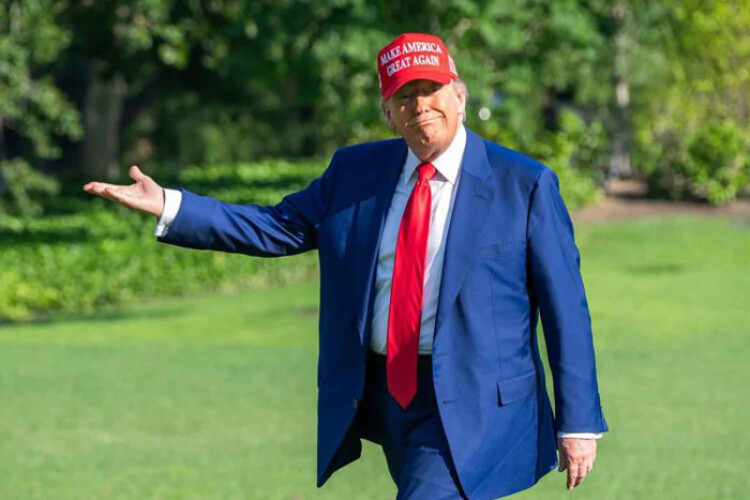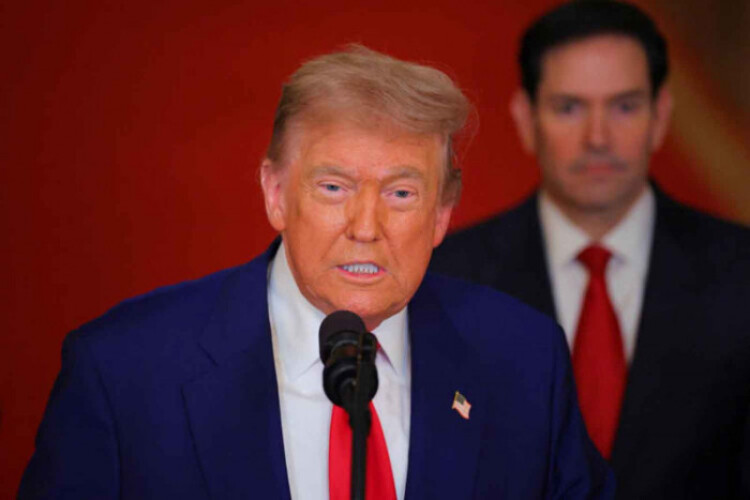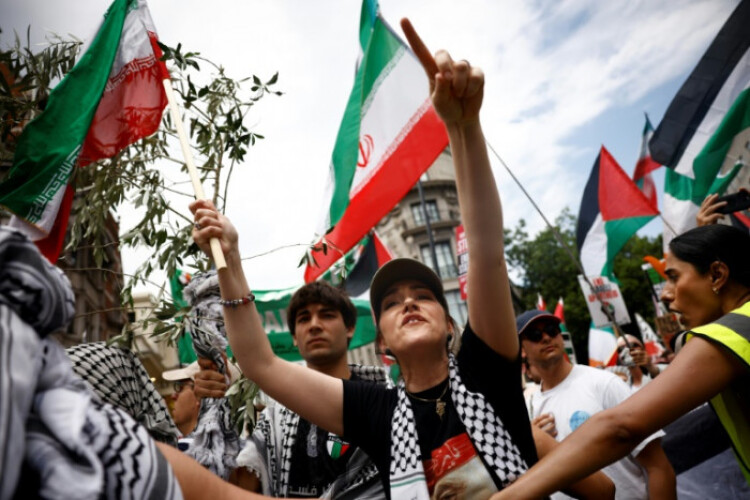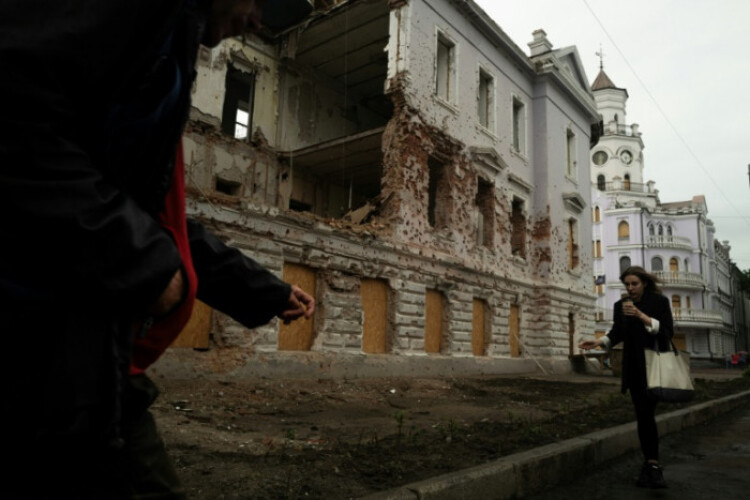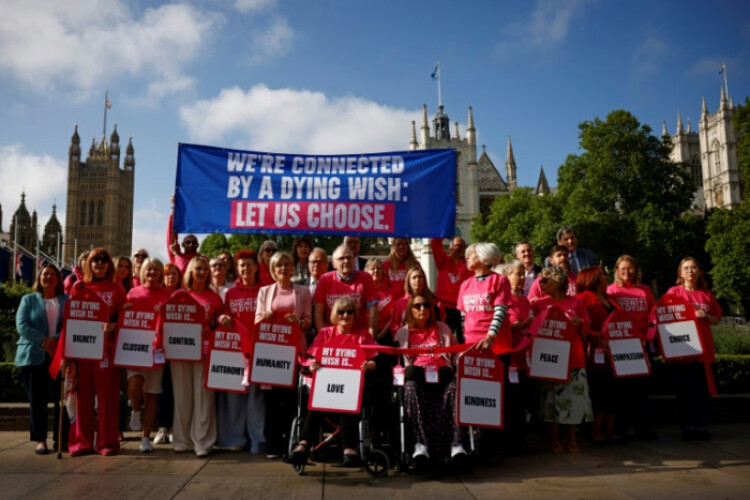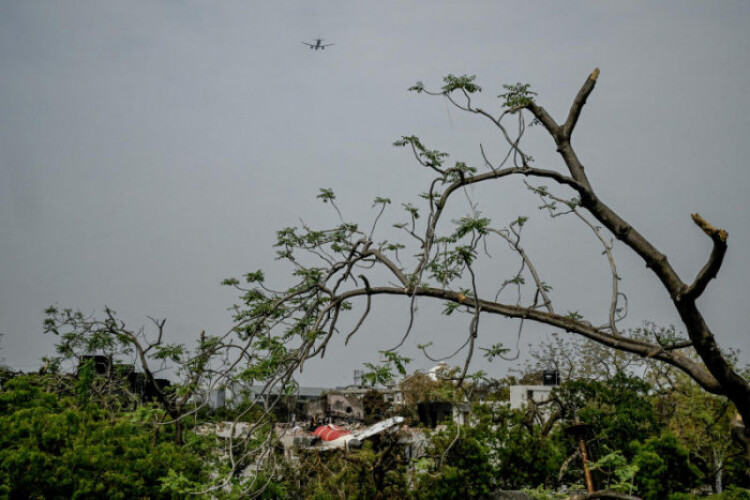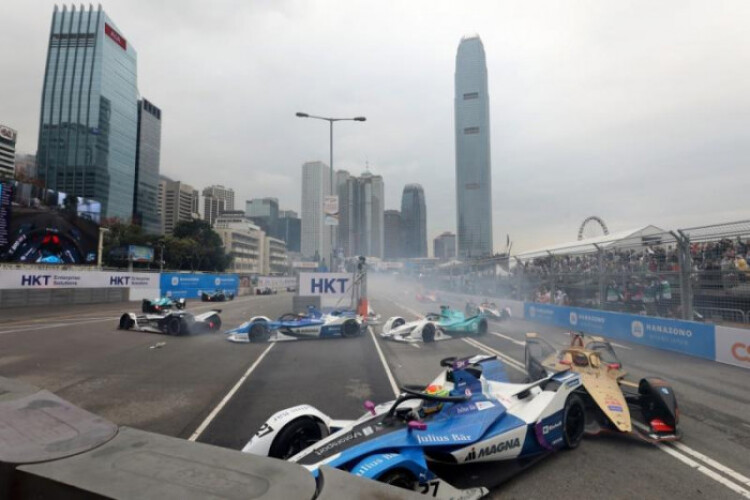
Adding to India’s already significant contribution in supplying HIV medicines to the world, as many as four pharmaceutical companies of the country are among the six firms that have been granted royalty-free licenses by international pharma giant ‘Gilead Sciences’ to produce and supply generic versions of its highly effective HIV drug, lenacapavir, currently used for treatment of multi-drug-resistant HIV and also clinically proven successful, as a preventive medication for HIV (Human Immunodeficiency Virus).
As per the announcement made by the US-based Gilead Sciences, India’s ‘Dr Reddy’s Laboratories’, ‘Emcure Pharmaceuticals’, ‘Hetero Labs’ and ‘Mylan’ that is a unit of the US-based ‘Viatris’, are the four Indian generic drug manufacturers, which have been granted licenses along with Egypt’s ‘Eva Pharma’ and Pakistan’s ‘Ferozsons Laboratories’ to manufacture and supply generic lenacapavir in 120 low and lower-middle-income countries including India, which have a high-incidence of HIV but are resource-limited.
Moreover, to bridge the gap until generic versions become available, Gilead has also committed to supply the product at no profit to the chosen companies until the selected generic manufacturers are able to fully support demand.
India has been playing a pivotal role in the global fight against HIV/AIDS, as the country already supplies nearly two-thirds of the world’s Anti-Retroviral Therapy (ART) drugs used in treatment of HIV.
However, the country also faces a big challenge, as it is home to over 2.5 million (25 lakh) HIV-infected people. India ranks in the top three countries in the world having the highest numbers of HIV-infected people. But now this development would go a long way in improving the country’s HIV situation.
Lenacapavir is a long-acting injectable drug that has proven 100 per cent successful in clinical tests and subsequent human trials in preventing HIV in women who received it twice a year, and almost 99 per cent protective for men and gender minorities who have sex with men.
It is administered twice a year through a subcutaneous injection given once every six months. Currently, it is being used as an effective HIV treatment medicine for multi-drug resistant HIV.
It is a first-in-class HIV-1 capsid inhibitor that works by inhibiting various steps of the HIV life cycle, including the final viral assembly and release into the extracellular space. Unlike other antiviral HIV therapies, lenacapavir targets multiple steps of viral replication.
The drug has also proved highly successful in clinical trials, as a Pre-Exposure Prophylaxis (PrEP) prevention medication for HIV, but that has not yet received regulatory approval.
In a statement, Gilead Sciences Chairman and Chief Executive Officer Daniel O’Day pointed out that given the potential of lenacapavir for HIV prevention, the company’s focus is to make it available as quickly and broadly as possible where the need is greatest. He added the company is working with urgency to bring on high-volume generic manufacturers now, so that it can ensure a rapid transition to these voluntary license partners as soon as lenacapavir is approved for PrEP too.
If approved for PrEP, the six generic manufacturers would be able to produce and distribute generic versions of lenacapavir without paying royalties to Gilead.
The UNAIDS also appreciated Gilead’s decision to license lenacapavir for generic production.
UNAIDS Executive Director Winnie Byanyima noted in a statement, “to stem the tide of new infections, and protect people most at risk from HIV, including young women and people from marginalised communities, long-acting HIV medicines are vital. Lenacapavir, which requires only two injections per year, could be game-changing – if all who would benefit can access it.”
Lenacapavir is currently approved in the USA under the brand name ‘Sunlenca’, for treatment of multi-drug resistant HIV. However, the present cost of the branded product is very high. As per reports, two injections a year are sold for $42250, costing $21125 for each injection.
The cost in Indian Rupees comes to a whopping more than Rs 35.48 lakh. Now that the drug’s generic versions could be produced cheaply, the cost could be greatly reduced.
Many researchers have claimed that it is possible to produce and profitably sell lenacapavir for $100 per patient per year, and could be brought down to as little as $40.
Asia News Network/The Statesman
As per the announcement made by the US-based Gilead Sciences, India’s ‘Dr Reddy’s Laboratories’, ‘Emcure Pharmaceuticals’, ‘Hetero Labs’ and ‘Mylan’ that is a unit of the US-based ‘Viatris’, are the four Indian generic drug manufacturers, which have been granted licenses along with Egypt’s ‘Eva Pharma’ and Pakistan’s ‘Ferozsons Laboratories’ to manufacture and supply generic lenacapavir in 120 low and lower-middle-income countries including India, which have a high-incidence of HIV but are resource-limited.
Moreover, to bridge the gap until generic versions become available, Gilead has also committed to supply the product at no profit to the chosen companies until the selected generic manufacturers are able to fully support demand.
India has been playing a pivotal role in the global fight against HIV/AIDS, as the country already supplies nearly two-thirds of the world’s Anti-Retroviral Therapy (ART) drugs used in treatment of HIV.
However, the country also faces a big challenge, as it is home to over 2.5 million (25 lakh) HIV-infected people. India ranks in the top three countries in the world having the highest numbers of HIV-infected people. But now this development would go a long way in improving the country’s HIV situation.
Lenacapavir is a long-acting injectable drug that has proven 100 per cent successful in clinical tests and subsequent human trials in preventing HIV in women who received it twice a year, and almost 99 per cent protective for men and gender minorities who have sex with men.
It is administered twice a year through a subcutaneous injection given once every six months. Currently, it is being used as an effective HIV treatment medicine for multi-drug resistant HIV.
It is a first-in-class HIV-1 capsid inhibitor that works by inhibiting various steps of the HIV life cycle, including the final viral assembly and release into the extracellular space. Unlike other antiviral HIV therapies, lenacapavir targets multiple steps of viral replication.
The drug has also proved highly successful in clinical trials, as a Pre-Exposure Prophylaxis (PrEP) prevention medication for HIV, but that has not yet received regulatory approval.
In a statement, Gilead Sciences Chairman and Chief Executive Officer Daniel O’Day pointed out that given the potential of lenacapavir for HIV prevention, the company’s focus is to make it available as quickly and broadly as possible where the need is greatest. He added the company is working with urgency to bring on high-volume generic manufacturers now, so that it can ensure a rapid transition to these voluntary license partners as soon as lenacapavir is approved for PrEP too.
If approved for PrEP, the six generic manufacturers would be able to produce and distribute generic versions of lenacapavir without paying royalties to Gilead.
The UNAIDS also appreciated Gilead’s decision to license lenacapavir for generic production.
UNAIDS Executive Director Winnie Byanyima noted in a statement, “to stem the tide of new infections, and protect people most at risk from HIV, including young women and people from marginalised communities, long-acting HIV medicines are vital. Lenacapavir, which requires only two injections per year, could be game-changing – if all who would benefit can access it.”
Lenacapavir is currently approved in the USA under the brand name ‘Sunlenca’, for treatment of multi-drug resistant HIV. However, the present cost of the branded product is very high. As per reports, two injections a year are sold for $42250, costing $21125 for each injection.
The cost in Indian Rupees comes to a whopping more than Rs 35.48 lakh. Now that the drug’s generic versions could be produced cheaply, the cost could be greatly reduced.
Many researchers have claimed that it is possible to produce and profitably sell lenacapavir for $100 per patient per year, and could be brought down to as little as $40.
Asia News Network/The Statesman

